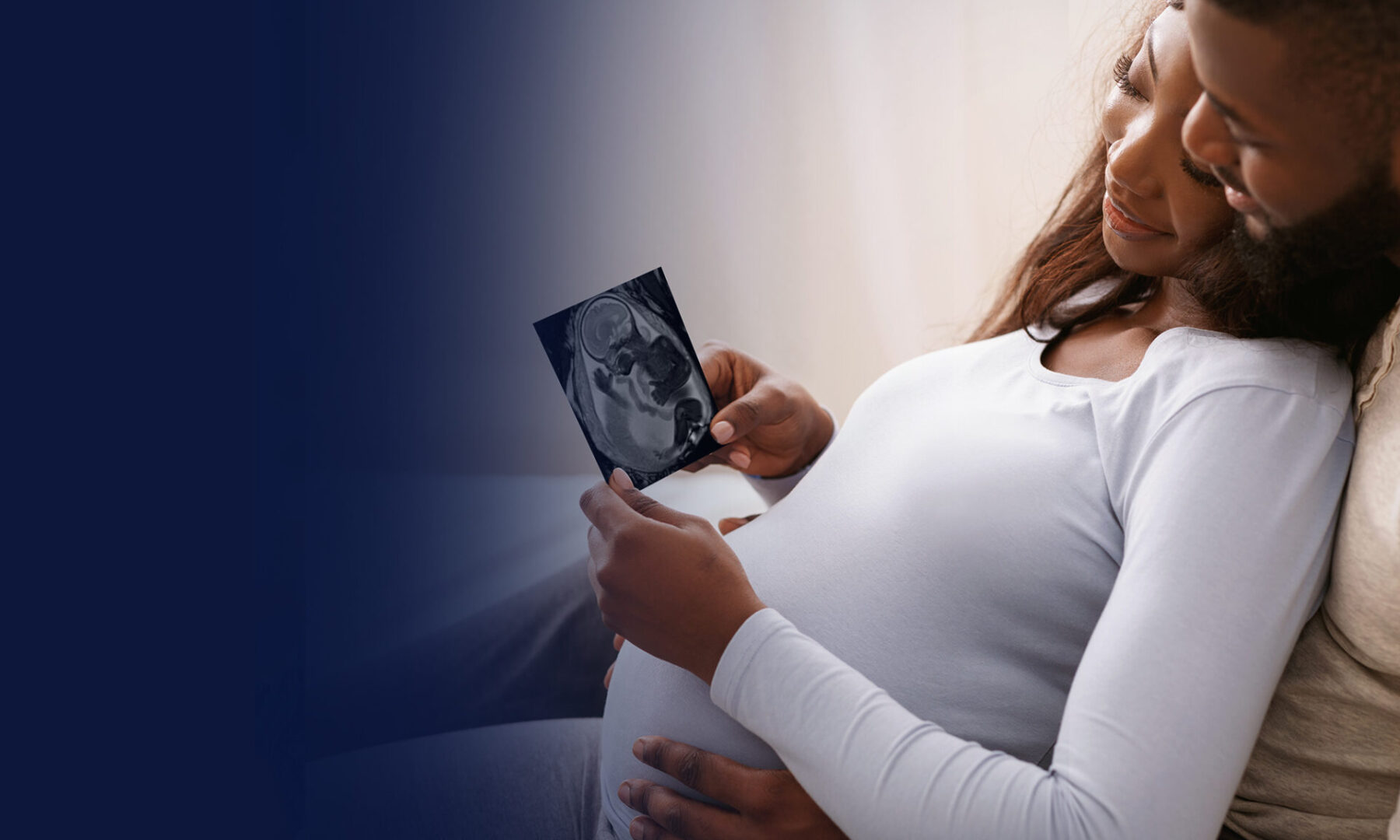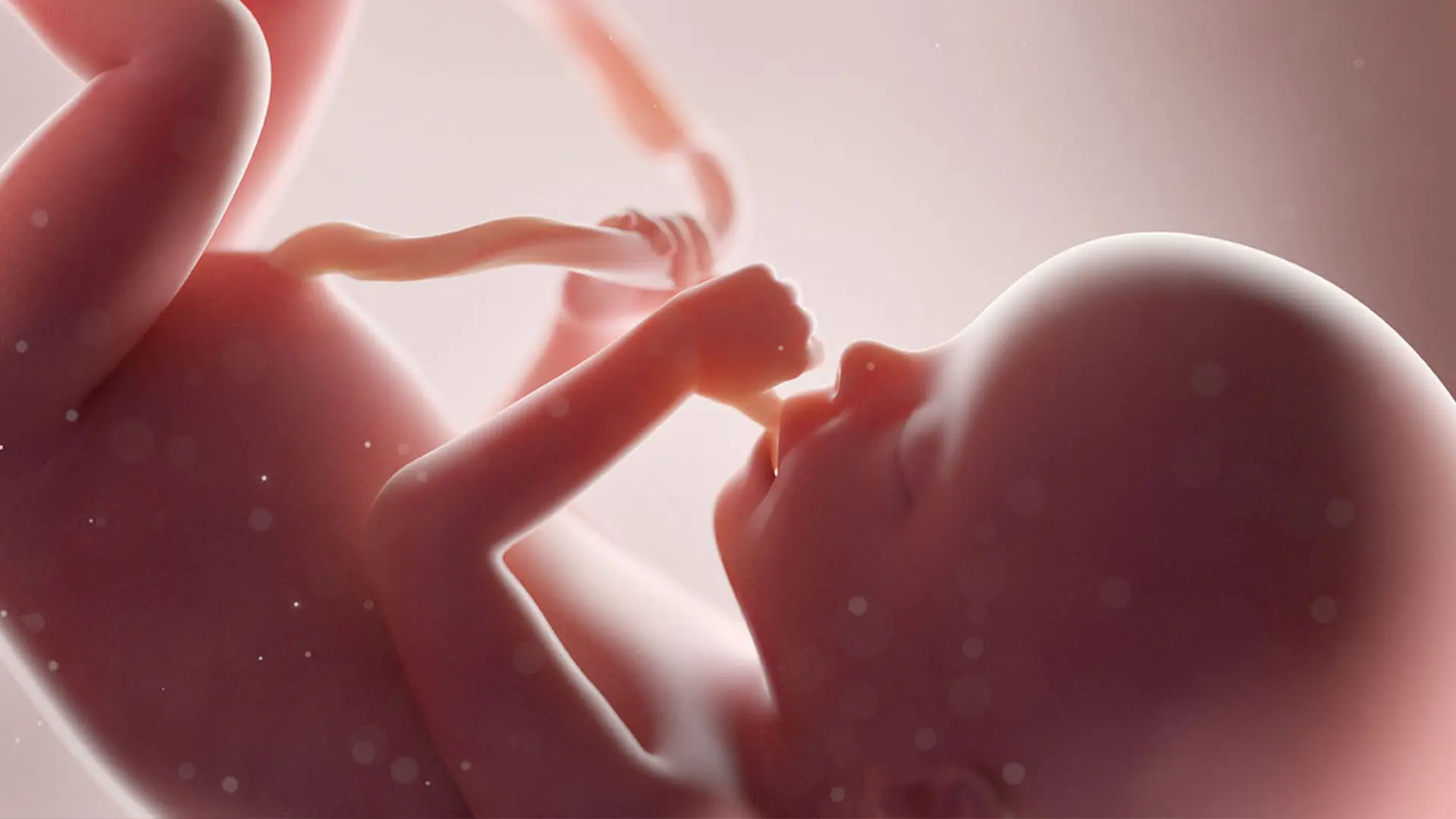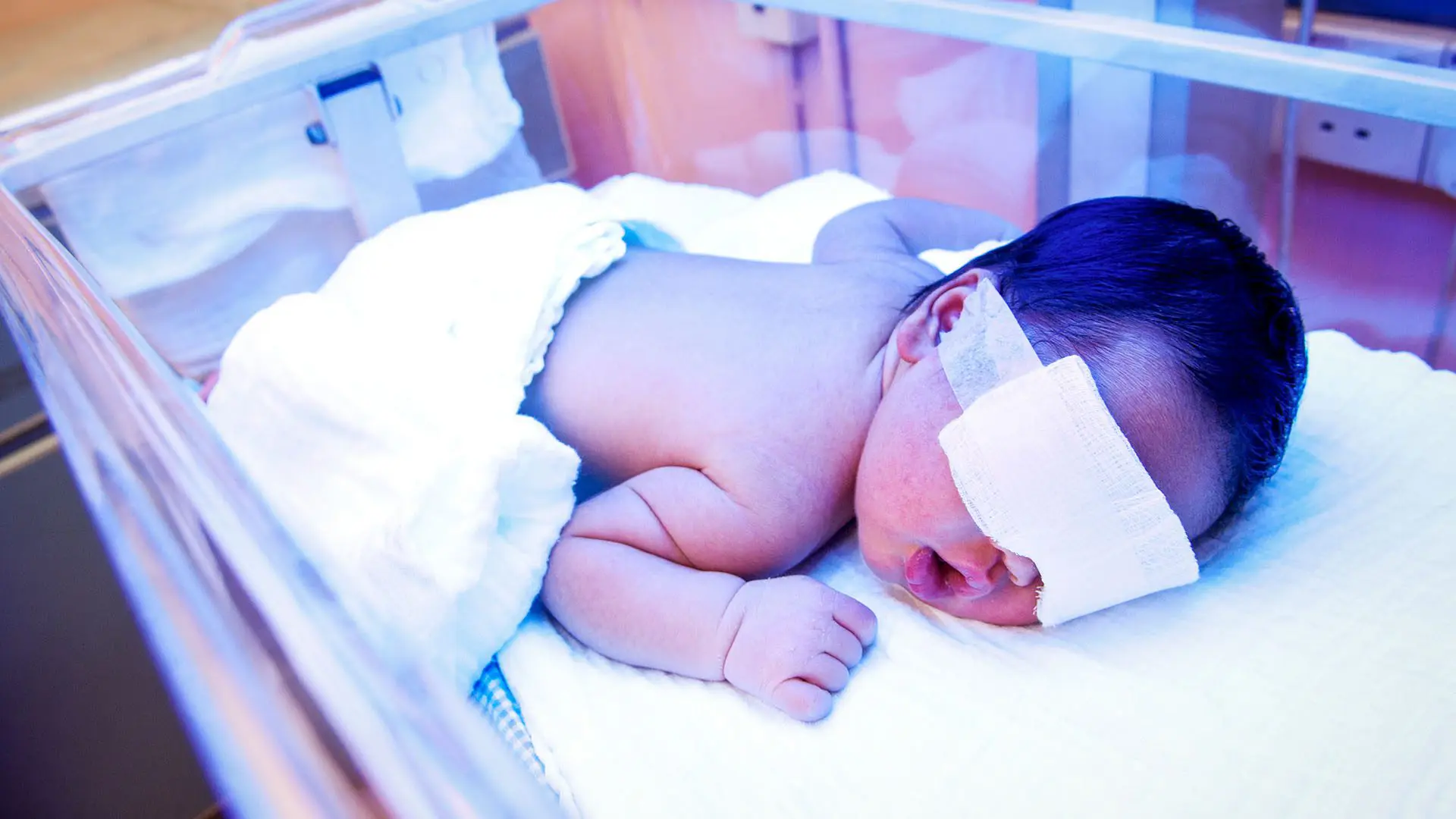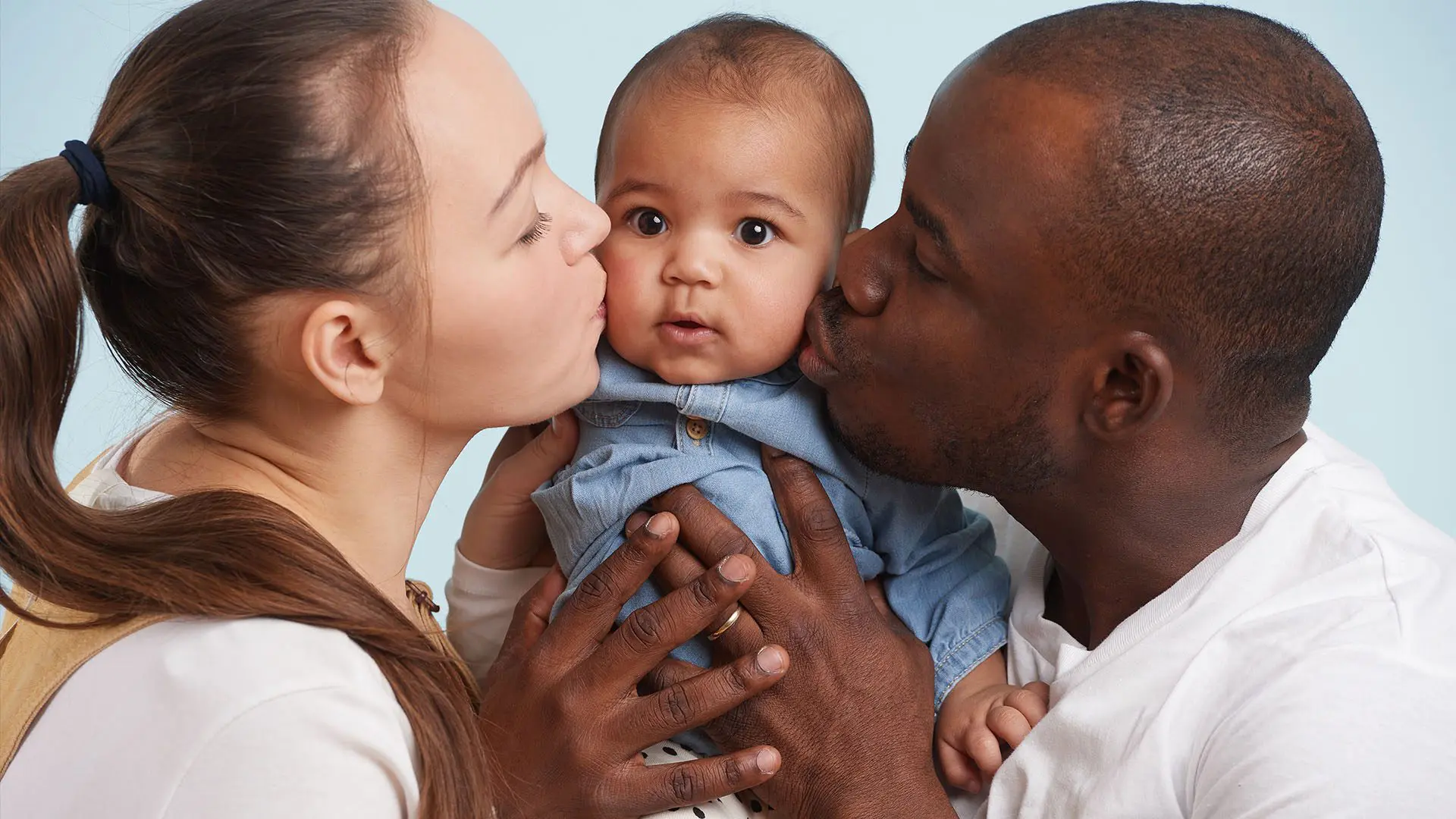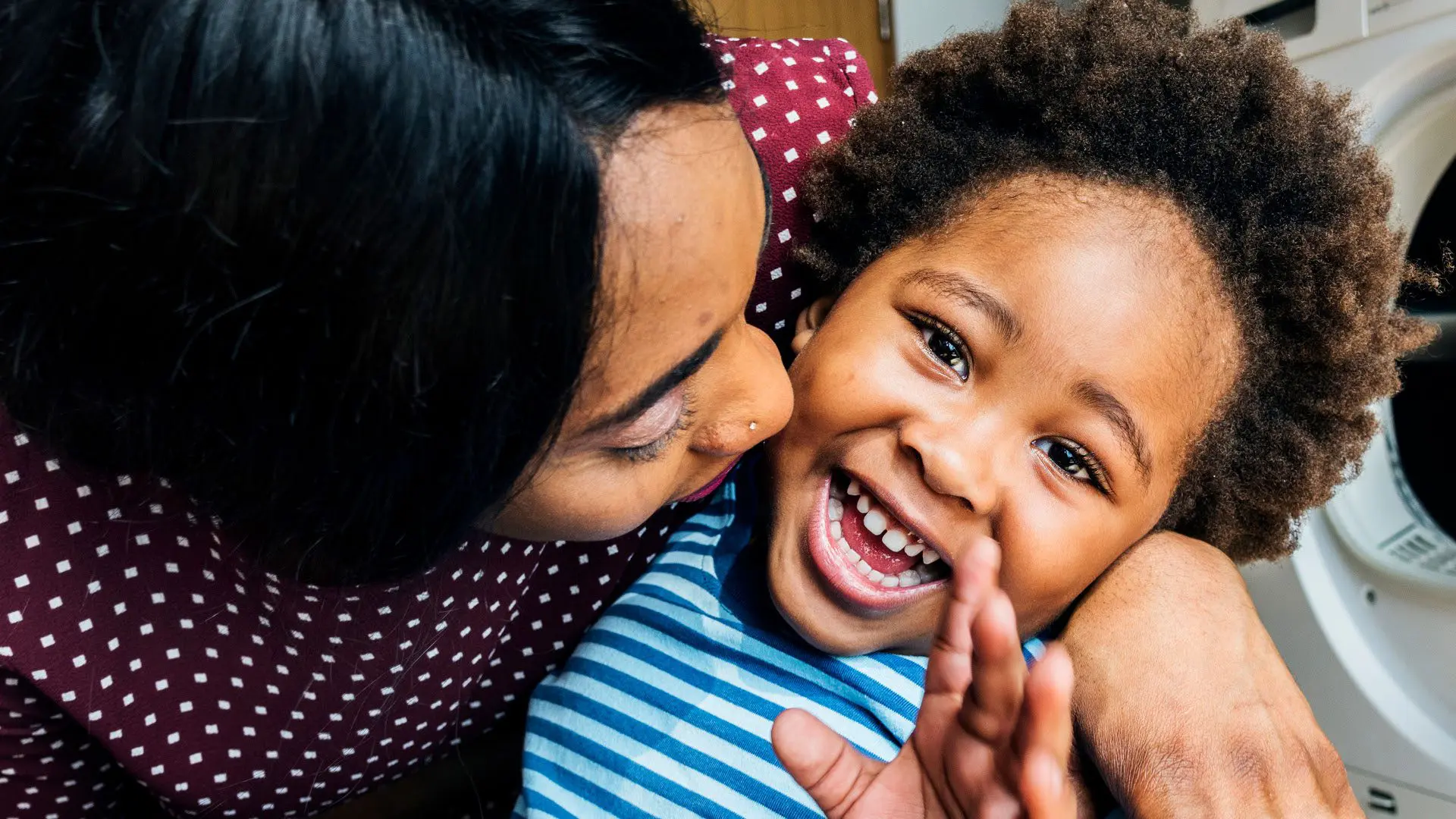New Studies
Our Institute at a Glance
- Catherine Limperopoulos, Ph.D.
Children’s National Hospital, on June 30, 2020, announced a transformational $36 million investment from the A. James & Alice B. Clark Foundation.
Research Spotlight
You are invited to join Project RESCUE. Project RESCUE stands for Reducing Elevated Stress from COVID-19 Exposure.
In this research study, our team will leverage its mastery of sophisticated magnetic resonance imaging studies to identify risks of COVID-19-related maternal psychological distress changing how your baby’s brain develops during pregnancy and after birth.
Testimonials | Intern with Us
During your time with us, you will have the opportunity to work with our talented team of scientists, physicians, postdoctoral fellows, and clinical research coordinators. It is our hope that you will be as excited as we are to make a difference. We are confident that this experience will be informative, educational, and enriching to your academic profile. You will be exposed to the most cutting-edge imaging technology in fetal diagnosis. We thank you for your time, dedication, and commitment to our mission, and we wish you success in this rewarding experience in the lab.
Email | [email protected]
Call | (202) 476-3842




